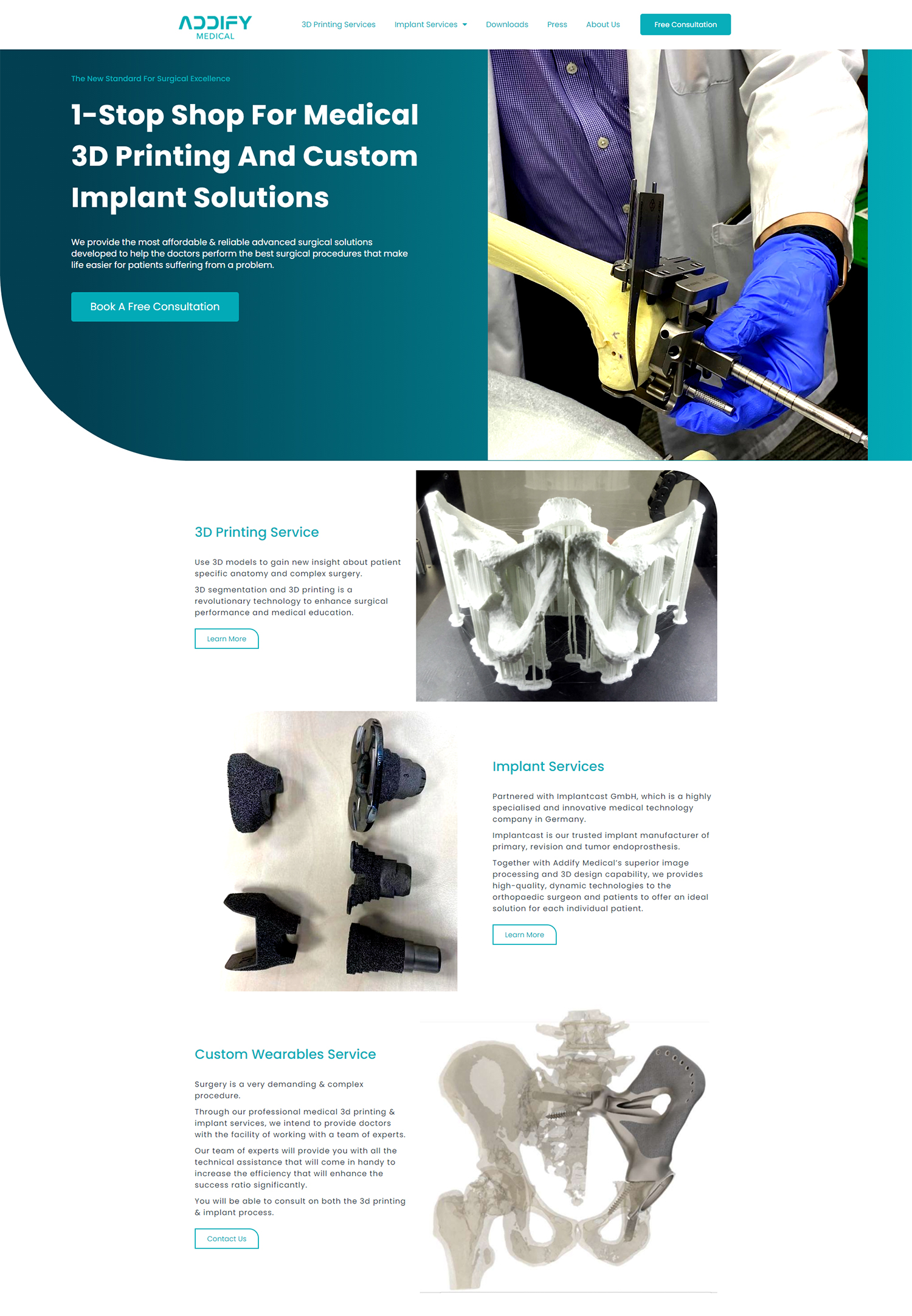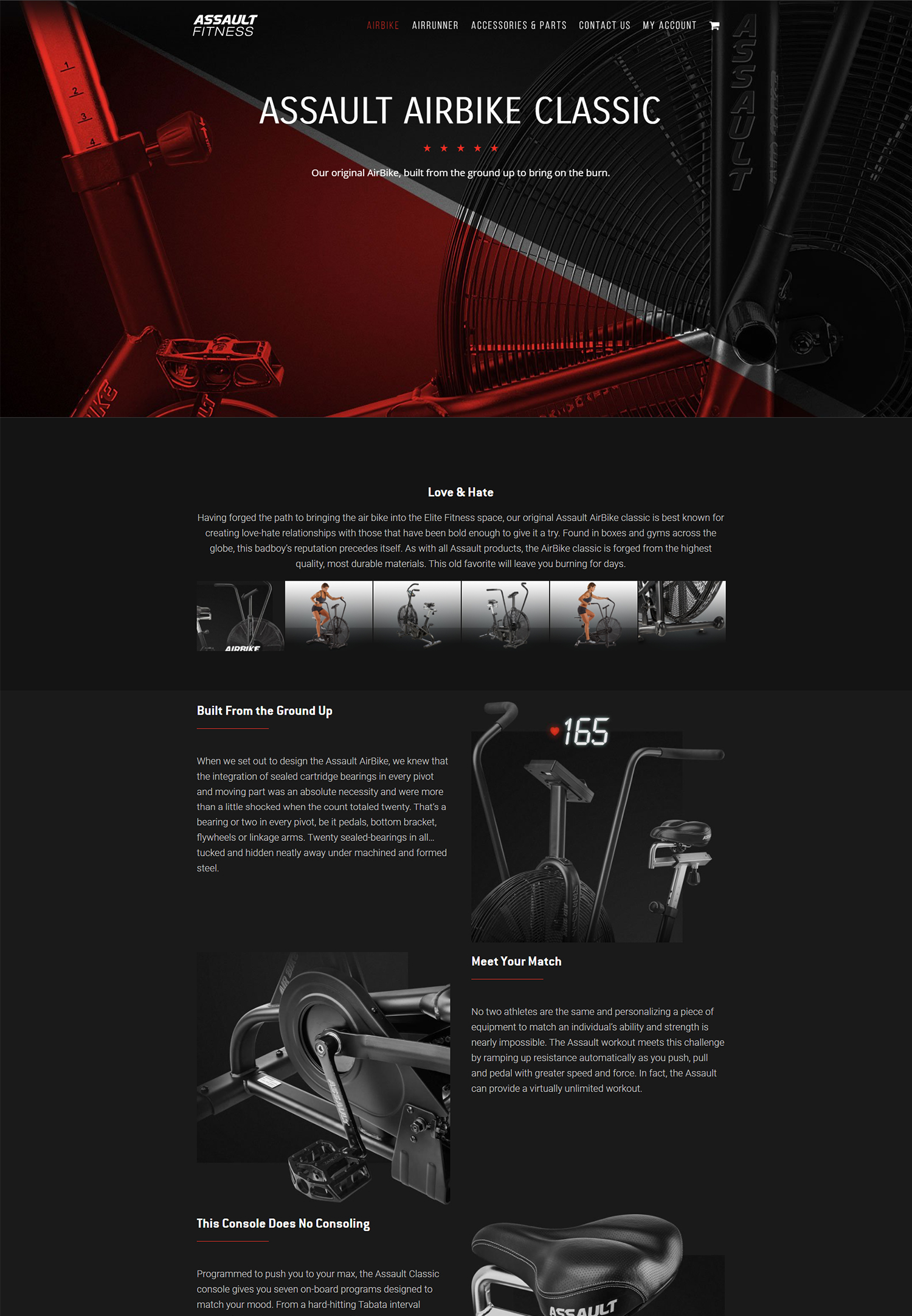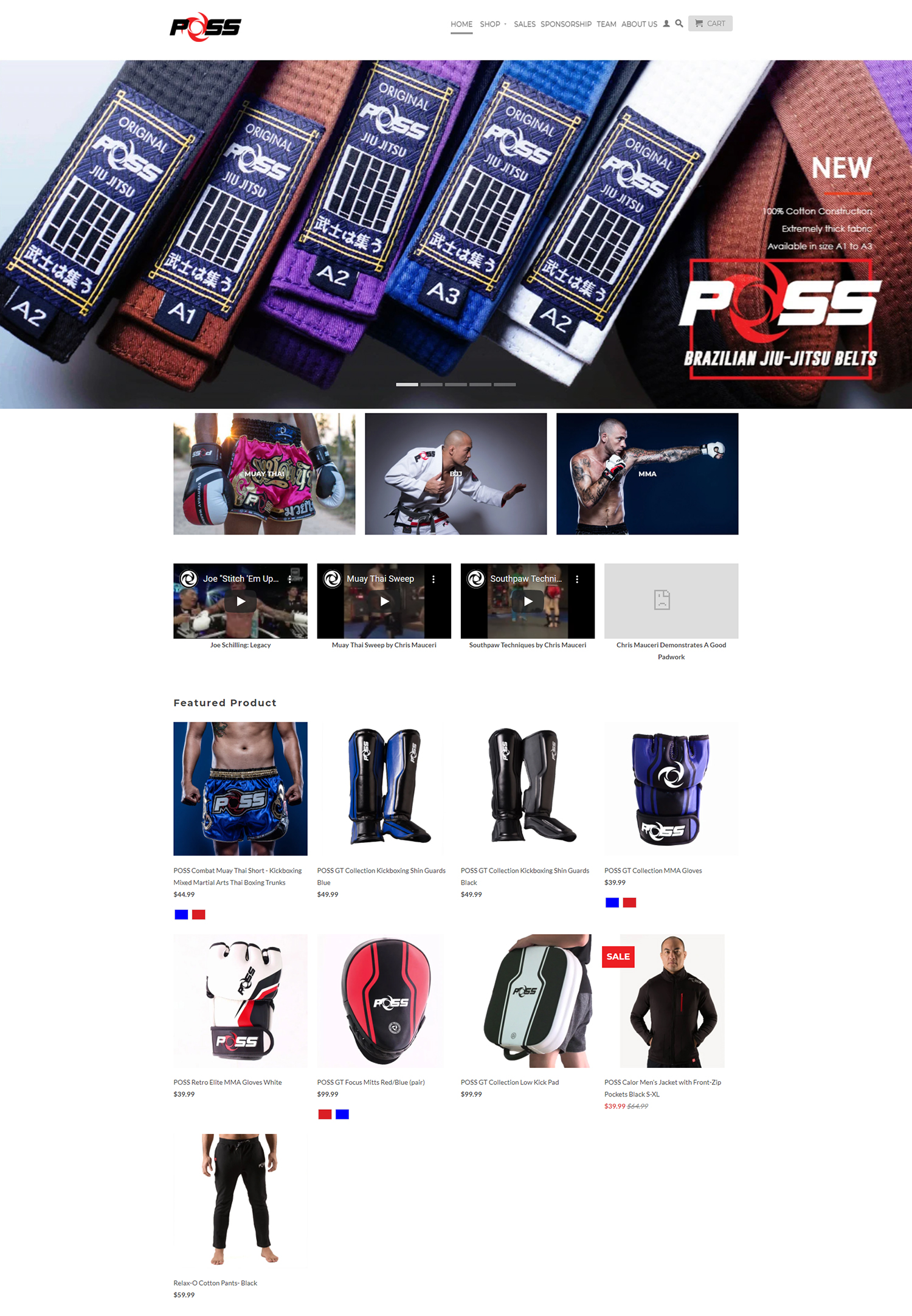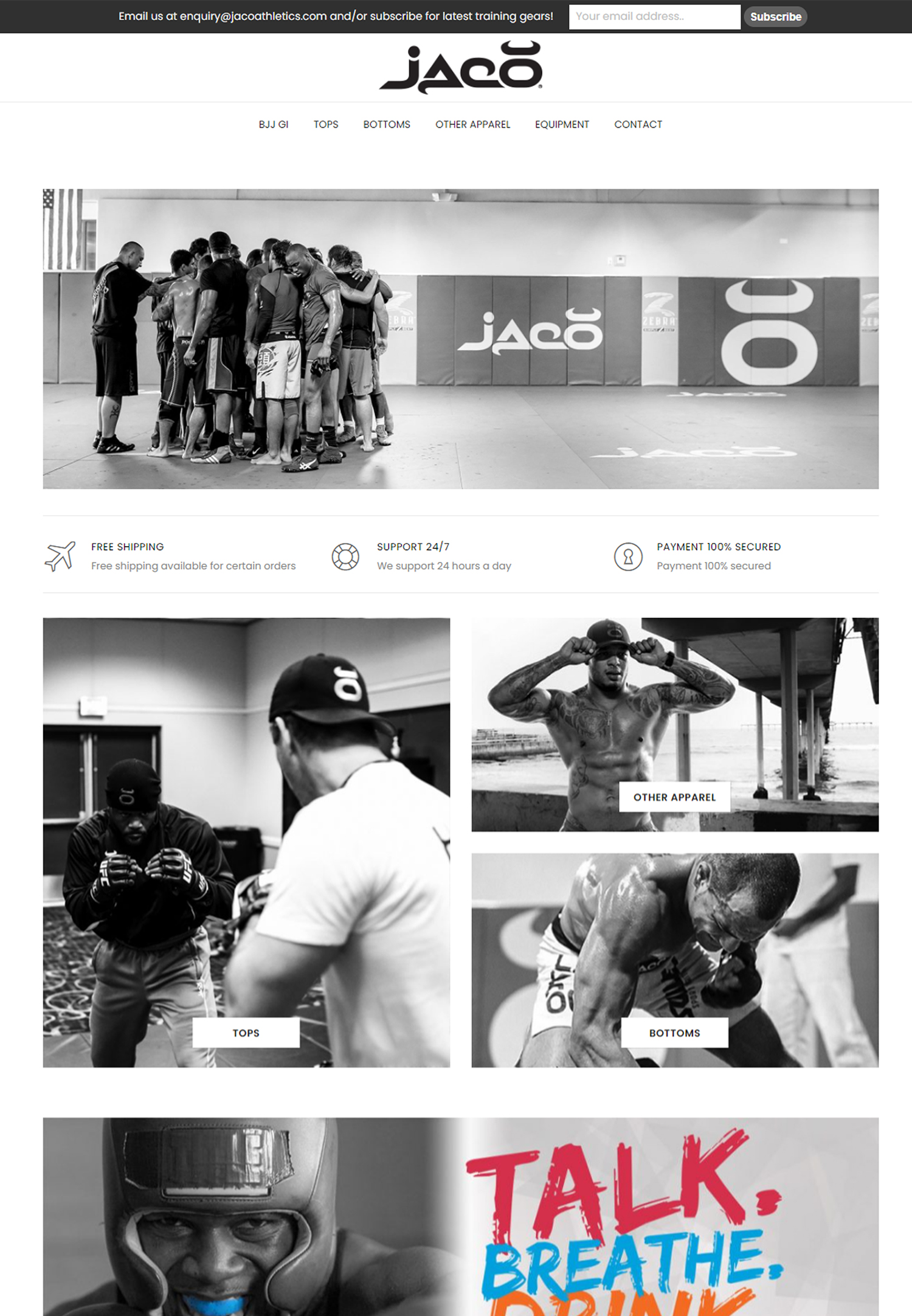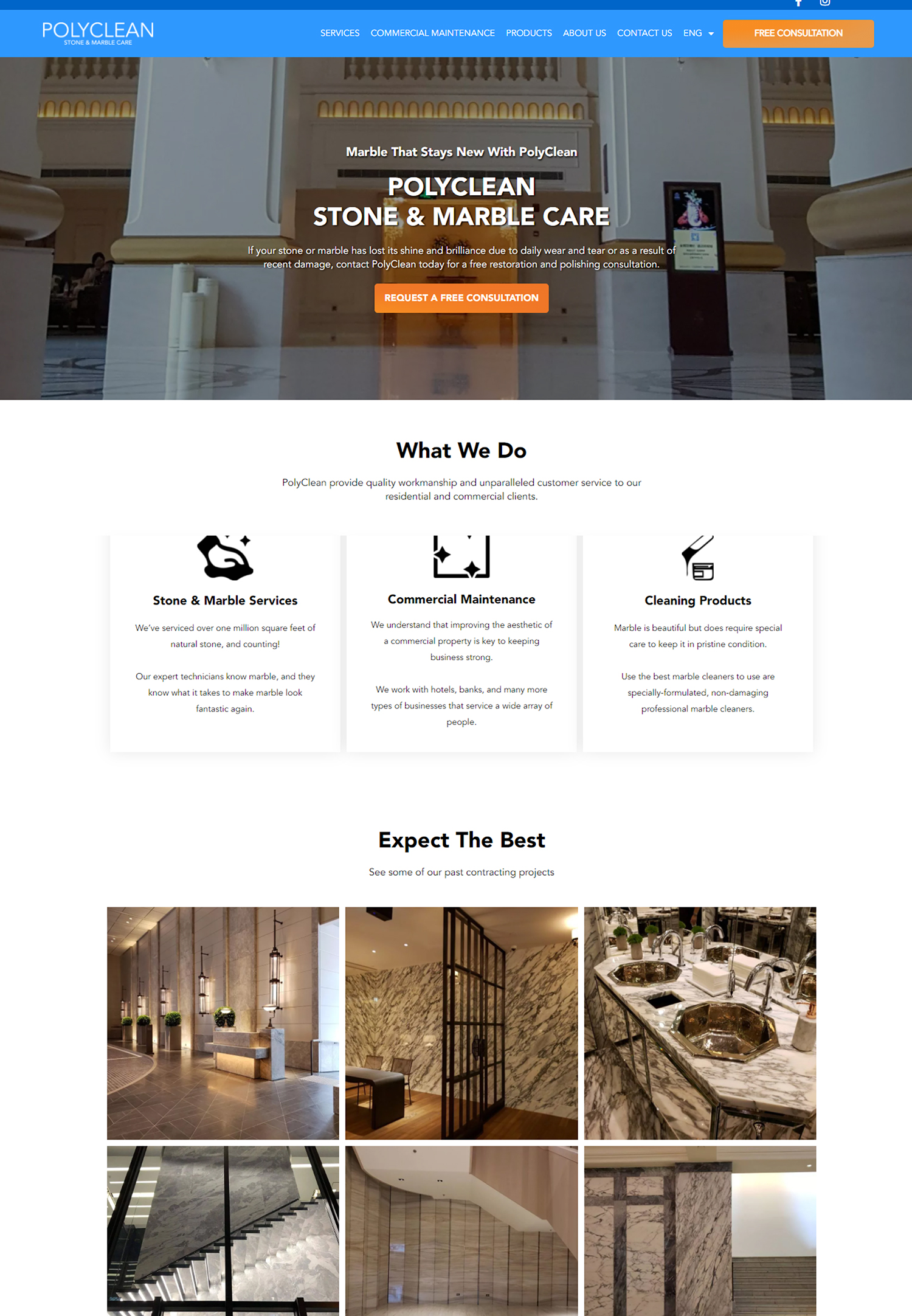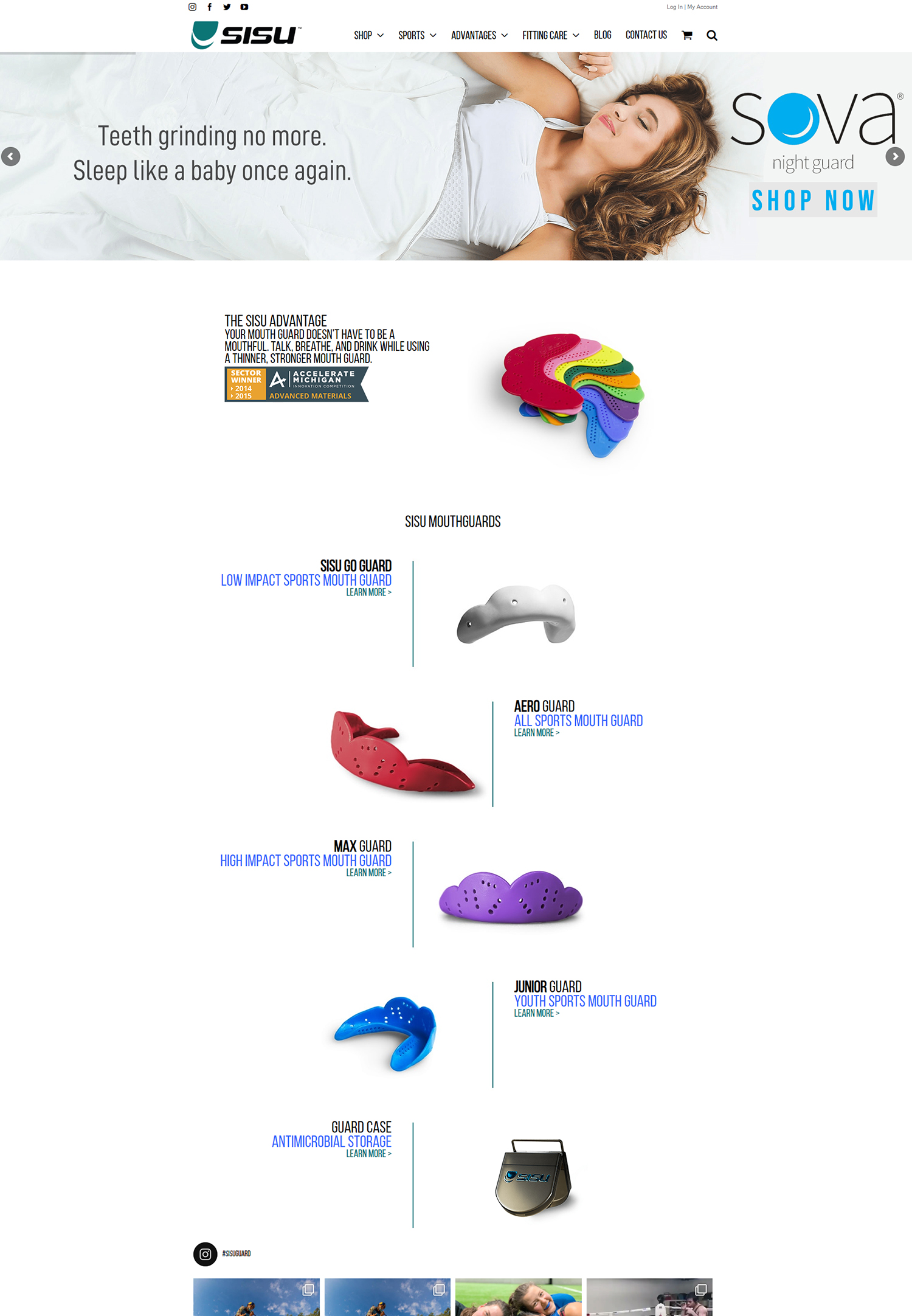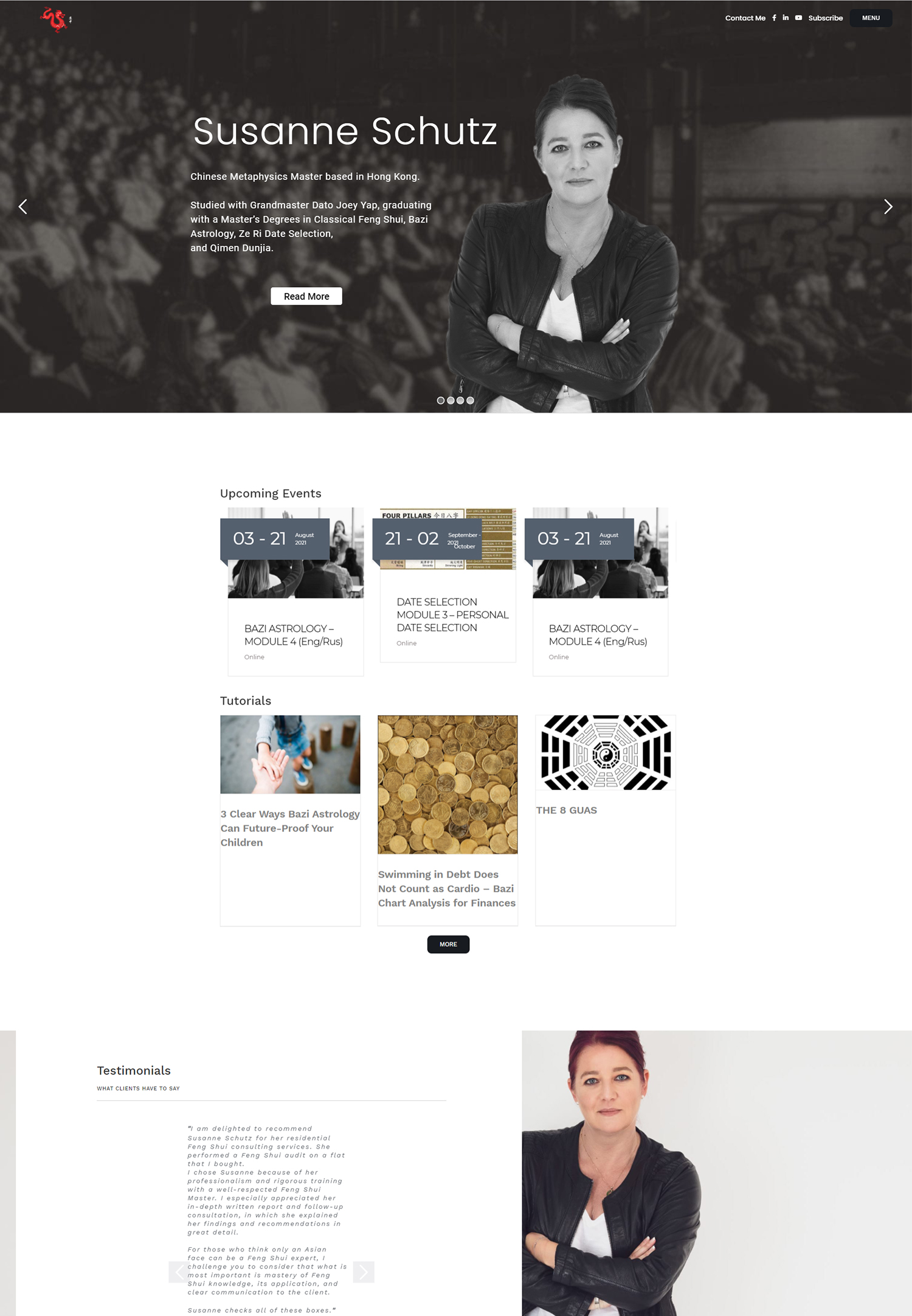Social proof is a psychological phenomenon where people look to others for guidance on how to behave in a particular situation. In the context of marketing, social proof refers to the influence that the actions and opinions of others have on our own behavior. It is a powerful tool that can be used to build trust, credibility, and influence consumer decision-making.
In today’s digital age, social proof has become more important than ever. With the rise of social media and online reviews, consumers have access to a wealth of information about products and services before making a purchase. They rely on the experiences and opinions of others to inform their own decisions. This is why social proof is crucial for businesses – it helps to establish trust and credibility, and can significantly impact purchasing decisions.
There are many examples of social proof in action. One of the most common examples is customer reviews and testimonials. When potential customers see positive reviews from others who have had a good experience with a product or service, they are more likely to trust the brand and make a purchase. Another example is celebrity endorsements. When a well-known celebrity promotes a product or service, it can greatly influence consumer perception and increase brand credibility.
Types of Social Proof: Understanding the Different Forms and Their Impact
There are several different types of social proof that businesses can leverage to build trust and credibility with their target audience.
1. Expert social proof: This type of social proof involves using endorsements or recommendations from industry experts or professionals. When an expert in a particular field endorses a product or service, it can greatly influence consumer perception and increase trust in the brand. For example, if a renowned chef recommends a particular brand of cookware, consumers are more likely to trust that the product is of high quality.
2. Celebrity social proof: Celebrity endorsements have long been used by brands to build credibility and influence consumer behavior. When a well-known celebrity promotes a product or service, it can create a sense of trust and familiarity with the brand. Consumers are more likely to believe that the product is of high quality if it is associated with a celebrity they admire or trust.
3. User social proof: User social proof involves using testimonials, reviews, and case studies from satisfied customers to build trust and credibility. When potential customers see that others have had a positive experience with a product or service, they are more likely to trust the brand and make a purchase. User social proof can be particularly effective because it comes from real people who have actually used the product or service.
4. Wisdom of the crowd social proof: This type of social proof involves showing potential customers that a large number of people have already made a particular decision. For example, displaying the number of customers who have purchased a product or the number of followers on social media can create a sense of popularity and influence consumer behavior. The idea is that if so many other people have made the same decision, it must be the right one.
Each type of social proof has its own unique impact on consumer behavior. Expert social proof can establish credibility and expertise in a particular field. Celebrity social proof can create a sense of trust and familiarity with the brand. User social proof can build trust and credibility through real-life experiences. Wisdom of the crowd social proof can create a sense of popularity and influence consumer decision-making.
Leveraging Customer Reviews and Testimonials: Best Practices for Success
Customer reviews and testimonials are one of the most powerful forms of social proof. They provide potential customers with real-life experiences from others who have used a product or service, helping to build trust and credibility.
It is important for businesses to actively encourage customers to leave reviews and testimonials. One way to do this is by sending follow-up emails after a purchase, asking customers to share their feedback. Offering incentives, such as discounts or freebies, can also motivate customers to leave reviews.
When showcasing reviews and testimonials, it is important to choose a variety of different types. This includes positive reviews, negative reviews (and how they were resolved), and reviews from different demographics. This helps to provide a balanced and authentic representation of the customer experience.
Responding to negative reviews is also crucial. It shows potential customers that the business values feedback and is committed to resolving any issues. Responding in a timely and professional manner can help to turn a negative experience into a positive one.
Building Trust through Influencer Marketing: Finding the Right Partners and Approaches
Influencer marketing is a powerful strategy for building trust and credibility with your target audience. It involves partnering with influencers – individuals who have a large following and influence on social media – to promote your products or services.
Trust is crucial in influencer marketing. It is important to find influencers who align with your brand values and have a genuine connection with their audience. This helps to ensure that the partnership feels authentic and credible.
Finding the right influencers for your brand involves conducting thorough research. Look for influencers who have a strong following in your target market, and whose values align with your brand. It is also important to consider engagement rates – how many likes, comments, and shares their posts receive – as this indicates the level of influence they have on their audience.
When working with influencers, it is important to establish clear goals and expectations. This includes outlining the deliverables, such as the number of posts or videos they will create, as well as any specific messaging or guidelines they need to follow. It is also important to give influencers creative freedom so that their content feels authentic and genuine.
Using Social Media to Your Advantage: Strategies for Building a Strong Online Presence
Social media plays a crucial role in building social proof for your business. It provides a platform for you to engage with your audience, showcase your products or services, and build trust and credibility.
One of the best practices for social media marketing is to create a consistent and cohesive brand presence. This includes using consistent branding elements, such as colors, fonts, and imagery, across all social media platforms. It is also important to create a content strategy that aligns with your brand values and resonates with your target audience.
Engaging with your audience on social media is also crucial. Responding to comments and messages in a timely manner shows that you value your customers and are committed to providing excellent customer service. It is also important to actively seek out opportunities to engage with your audience, such as by asking questions or running contests.
Measuring the impact of social media on social proof involves tracking key metrics, such as engagement rates, follower growth, and website traffic from social media platforms. This helps you to understand what is working well and what can be improved upon in your social media strategy.
Showcasing Authority and Expertise: How to Establish Credibility in Your Industry
Establishing authority and expertise in your industry is crucial for building trust and credibility with your target audience. It helps to position your brand as a leader in the field and can significantly impact consumer decision-making.
One of the best ways to showcase your expertise is through content marketing. This involves creating high-quality, informative content that provides value to your target audience. This can include blog posts, articles, videos, podcasts, and infographics. By sharing valuable insights and knowledge, you can establish yourself as an authority in your industry.
Building thought leadership through speaking engagements and media appearances is another effective strategy for establishing credibility. By sharing your expertise at industry conferences or appearing as a guest on podcasts or TV shows, you can reach a wider audience and position yourself as an expert in your field.
Harnessing the Power of User-Generated Content: Encouraging and Amplifying Customer Advocacy
User-generated content (UGC) refers to any content that is created and shared by your customers. This can include reviews, testimonials, photos, videos, and social media posts. UGC is a powerful form of social proof because it comes from real people who have had a positive experience with your brand.
Encouraging customers to create and share UGC involves providing incentives and making it easy for them to do so. This can include running contests or giveaways where customers can win prizes for sharing their experiences. It is also important to provide clear instructions on how to create and share UGC, such as by using a specific hashtag or tagging your brand.
Amplifying UGC involves showcasing it on your website, social media platforms, and other marketing materials. This helps to build trust and credibility by showing potential customers that others have had a positive experience with your brand. It is also important to engage with customers who have created UGC by liking, commenting, or sharing their posts. This shows that you value their feedback and appreciate their support.
Creating a Sense of Urgency: Using Scarcity and FOMO to Drive Sales and Conversions
Creating a sense of urgency is a powerful strategy for driving sales and conversions. It involves using scarcity and the fear of missing out (FOMO) to encourage potential customers to take action.
Scarcity refers to the idea that a product or service is limited in quantity or availability. By highlighting limited stock or limited-time offers, you can create a sense of urgency and encourage customers to make a purchase before it’s too late.
FOMO is the fear that if you don’t act now, you will miss out on something valuable or exciting. By creating a sense of exclusivity or offering limited-time promotions, you can tap into this fear and encourage customers to take immediate action.
When using scarcity and FOMO in your marketing campaigns, it is important to be transparent and genuine. Avoid using false scarcity or misleading tactics, as this can damage your brand reputation and trust with customers. Instead, focus on creating genuine urgency by offering limited-time promotions or highlighting the benefits of acting now.
Measuring and Analyzing Social Proof: Tools and Techniques for Tracking Your Success
Measuring social proof is crucial for understanding the impact of your efforts and making data-driven decisions. There are several tools and techniques that can help you track and analyze social proof metrics.
One of the most common tools for tracking social proof metrics is Google Analytics. This free tool provides valuable insights into website traffic, engagement rates, and conversion rates. By setting up goals and tracking specific metrics, you can measure the impact of social proof on your website performance.
Social media analytics tools, such as Sprout Social or Hootsuite, can help you track engagement rates, follower growth, and other key metrics on social media platforms. These tools provide valuable insights into the effectiveness of your social media strategy and can help you identify areas for improvement.
Customer review platforms, such as Trustpilot or Yelp, often provide analytics dashboards that allow you to track and analyze customer reviews and ratings. These tools can help you understand customer sentiment and identify areas for improvement in your products or services.
Analyzing social proof data involves looking for patterns and trends in the data to identify what is working well and what can be improved upon. This can include analyzing customer reviews for common themes or sentiments, tracking engagement rates on social media posts, or analyzing website traffic from different sources.
Integrating Social Proof into Your Marketing Strategy: Tips for Long-Term Growth and Success
Integrating social proof into your overall marketing strategy is crucial for long-term growth and success. It helps to build trust and credibility with your target audience, influence consumer decision-making, and drive sales and conversions.
One of the best ways to integrate social proof into your marketing strategy is by creating a social proof roadmap. This involves identifying the different types of social proof that are most relevant to your brand and target audience, and outlining specific strategies and tactics for leveraging each type of social proof.
It is also important to regularly review and update your social proof strategy. This includes monitoring key metrics, analyzing data, and making data-driven decisions to improve your social proof efforts. By continuously optimizing and refining your strategy, you can ensure long-term growth and success.
There are many examples of brands that have successfully integrated social proof into their marketing strategy. One example is Airbnb, which uses user social proof by showcasing customer reviews and ratings on their website. This helps to build trust and credibility with potential customers and encourages them to book accommodations through the platform.
Another example is Nike, which uses celebrity social proof by partnering with well-known athletes to promote their products. By associating their brand with successful and influential athletes, Nike is able to build trust and credibility with their target audience.
In conclusion, social proof is a powerful tool that can significantly impact consumer decision-making. By leveraging different types of social proof, such as customer reviews, influencer endorsements, and user-generated content, businesses can build trust and credibility with their target audience. By integrating social proof into their overall marketing strategy and regularly measuring and analyzing data, businesses can ensure long-term growth and success.
If you’re looking to implement social proof strategies on your website, you may also be interested in learning about the benefits of e-learning. In a related article by Populis Digital, they discuss how incorporating e-learning into your website can enhance user experience and credibility. By providing valuable educational content, you can establish yourself as an authority in your industry and build trust with your audience. To read more about the advantages of e-learning, check out the article here.
FAQs
What is social proof?
Social proof is a psychological phenomenon where people conform to the actions of others in an attempt to reflect correct behavior for a given situation.
What are some examples of social proof?
Some examples of social proof include customer reviews, testimonials, social media likes and shares, celebrity endorsements, and user-generated content.
Why is social proof important for businesses?
Social proof is important for businesses because it helps to build trust and credibility with potential customers. It can also increase conversions and sales by providing evidence that others have had positive experiences with a product or service.
What are some social proof strategies that businesses can implement?
Some social proof strategies that businesses can implement include displaying customer reviews and ratings on their website, showcasing user-generated content on social media, using influencer marketing, and highlighting any awards or certifications received.
How can businesses measure the effectiveness of their social proof strategies?
Businesses can measure the effectiveness of their social proof strategies by tracking metrics such as website traffic, conversion rates, and sales. They can also monitor customer feedback and engagement on social media to gauge the impact of their social proof efforts.






